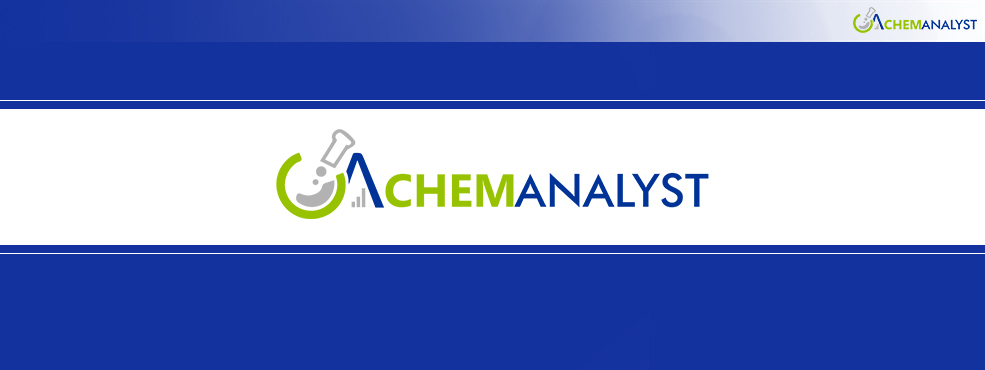Welcome To ChemAnalyst

This request comes as Amman's newly commissioned smelter, intended to process the concentrates domestically, grapples with technical issues preventing it from reaching full operational capacity.
In a significant development for Indonesia’s mining sector, Internal Affairs Minister Tito Karnavian has formally requested the nation’s mining ministry to grant a special exemption from the ongoing copper concentrate export ban specifically for Amman Mineral International. The plea underscores growing concerns over the severe economic downturn experienced by the Nusa Tenggara Barat (NTB) province, where Amman’s extensive operations form the bedrock of the local economy.
The controversial ban on raw mineral exports, implemented by the Indonesian government in mid-2023, was a strategic move aimed at bolstering domestic metal processing capabilities and adding value to the country’s vast mineral resources.5 The policy mandates that mining companies process their raw materials within Indonesia before export, a measure designed to foster industrial growth, create local jobs, and increase national revenue from mineral commodities. While the ban has been in effect for nearly a year, Amman Mineral International had initially secured a temporary reprieve, allowing it to continue exports until December 2024. This grace period was aligned with the anticipated commissioning date of its new smelter, a crucial facility designed to transform copper concentrates into higher-value copper cathodes.
However, the transition has not been without significant hurdles. The Nusa Tenggara Barat province, heavily reliant on Amman’s activities, reported an alarming annual economic contraction of 1.47% in the first quarter of the year. This sharp decline is directly attributed to Amman’s inability to export its accumulated copper concentrate, leading to a ripple effect across the provincial economy. The company had revealed in February that it held approximately 200,000 tonnes (t) of concentrate inventory, ready for export but held back by the prevailing regulations.
During a recent government meeting, the minister said, “I have asked the energy and mineral resources minister whether there is a possibility to allow exports while we are waiting for the smelter to be completed.”
Amman had announced a significant milestone in March with the production of its first copper cathode from the new 220,000 tpa facility. Despite this initial success, the smelter has yet to reach its full designed capacity, reportedly due to persistent technical issues that are hindering its ramp-up. This operational bottleneck means that while the infrastructure for domestic processing is in place, it cannot yet handle the volume of concentrate being produced, thus creating the current export dilemma and putting financial strain on the company.
We use cookies to deliver the best possible experience on our website. To learn more, visit our Privacy Policy. By continuing to use this site or by closing this box, you consent to our use of cookies. More info.
